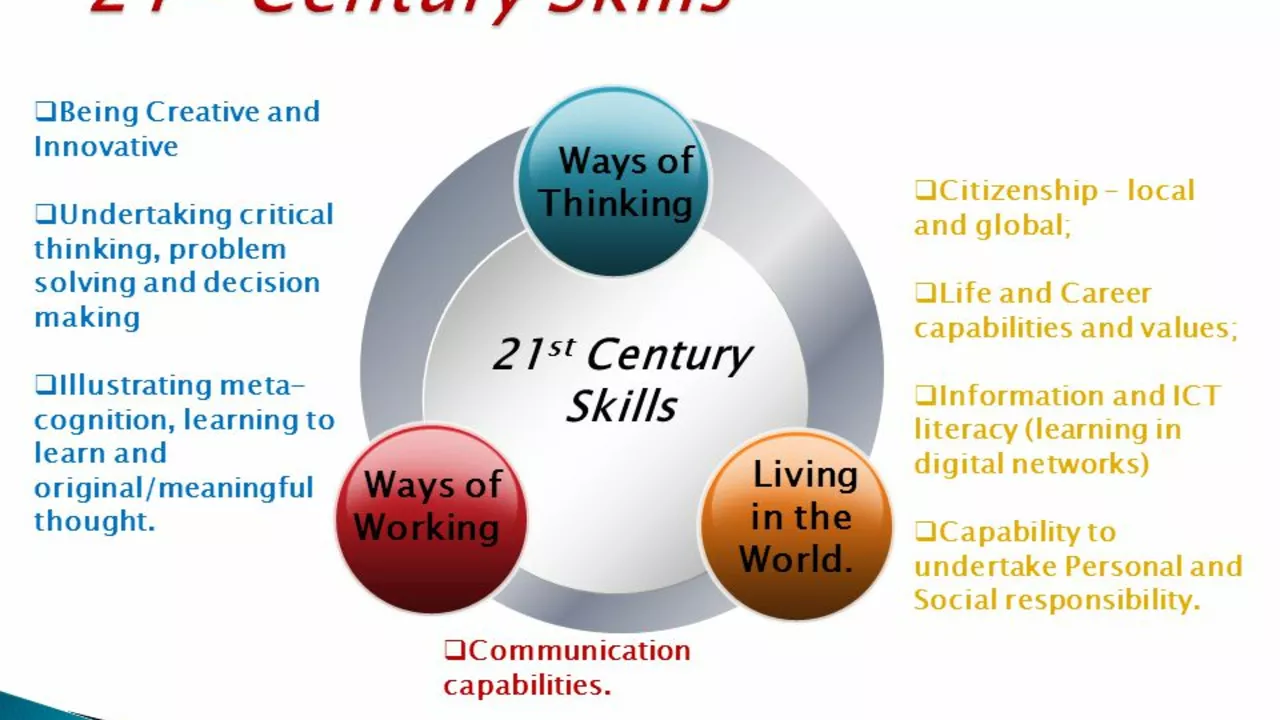The Evolution of Education in the 21st Century
For years now, people have been pondering over the mystery that is 21st century education. So, as your friendly neighbourhood blogger, I have taken it upon myself to once and for all unravel this intricate puzzle. Ladies and gentlemen, welcome to the world of digital learning, flexible schedules, personalised study material, and global connectivity. As a proud resident of Sydney, Australia, I fondly recall the days when education was synonymous with classrooms, chalk dust, hefty textbooks, and strict teachers. Fast forward to today, and we are faced with a completely different landscape, a matrix – if you will, of cutting-edge technology and dynamic pedagogical concepts.
A World Beyond Four Walls
21st century education is not just about imparting knowledge – it’s about preparing students for the ever-evolving dynamics of the world. In fact, the term itself refers to a broad set of knowledge and skills that modern children and teenagers need to succeed in today's society. Talk about preparation for the workforce, citizenship, and life, all wrapped in one package. These educational practices go beyond traditional subjects like reading, writing, math, and science, and delve into skills such as creativity, problem-solving, and adaptability.
Digital Literacy: Code is the New English
In the 21st century, digital skills and programming have fast become the new 'reading and writing'. It's not just about being able to understand and use a computer anymore. The rise of digital education has made the ability to code a cornerstone of a modern, forward-thinking education. My lovely wife, Isabella Mckinney and I, often joke about how our smartphones are smarter than us. We are in an era where the languages of Python, Java, and C++ are just as important as English, Mandarin, or French.
Flipping the Classroom
Ever heard of the flipped classroom? Well, if you haven't, buckle up! The 21st century has brought about an educational model wherein the typical lecture and homework elements of a course are reversed. Rather than sitting at a desk all day and then lugging textbooks home, students can access online lectures and interactive learning materials. It’s like having a teacher in your pocket 24/7. All the learning resources available on demand.
Emphasising Life Skills: More Than Just Bookish Knowledge
A notable shift in 21st century education is the emphasis on life skills and not just academics. Schools across the globe are placing a high value on teaching students vital life skills such as problem-solving, critical thinking, collaboration, and communication. I personally believe that instilling these skills from an early age is a sure-shot way to prepare kids for the real world. Recent changes in the education landscape evident in many Sydney schools also resonate with this philosophy.
Leveraging Technology: Learn Anytime, Anywhere
With advancements in technology, education today is no longer bound by geographical barriers. You can learn complete courses from world-class universities sitting right here in Sydney. This ubiquity of learning and teaching brings amazing opportunities for those who for some reason couldn’t access it before. Just the other day, Isabella was telling me about how MOOCs (Massive Open Online Courses) are making education accessible to all, regardless of location or background.
Dynamic Assessment Systems
The 21st century education model is shaking up how students' abilities are gauged. We're breaking away from the one-size-fits-all model of gruelling exams and transitioning to more adaptive methods that embody continuous feedback and personalisation. It’s not just about right and wrong answers anymore. The way we evaluate education is becoming more holistic, looking into not just what the students know but how they process and apply this knowledge.
At the end of the day, education is not merely about filling up a bucket but also lighting a fire, a spark of lifelong learning. The 21st century continues to throw us new challenges and opportunities, but with these innovative educational strategies and techniques at the forefront, we are gearing up to meet them. As we continue to explore and improve, one truth remains constant: The purpose of education in the 21st century, as it has been throughout human history, is to help each person discover their potential and learn how to shape their own future.
